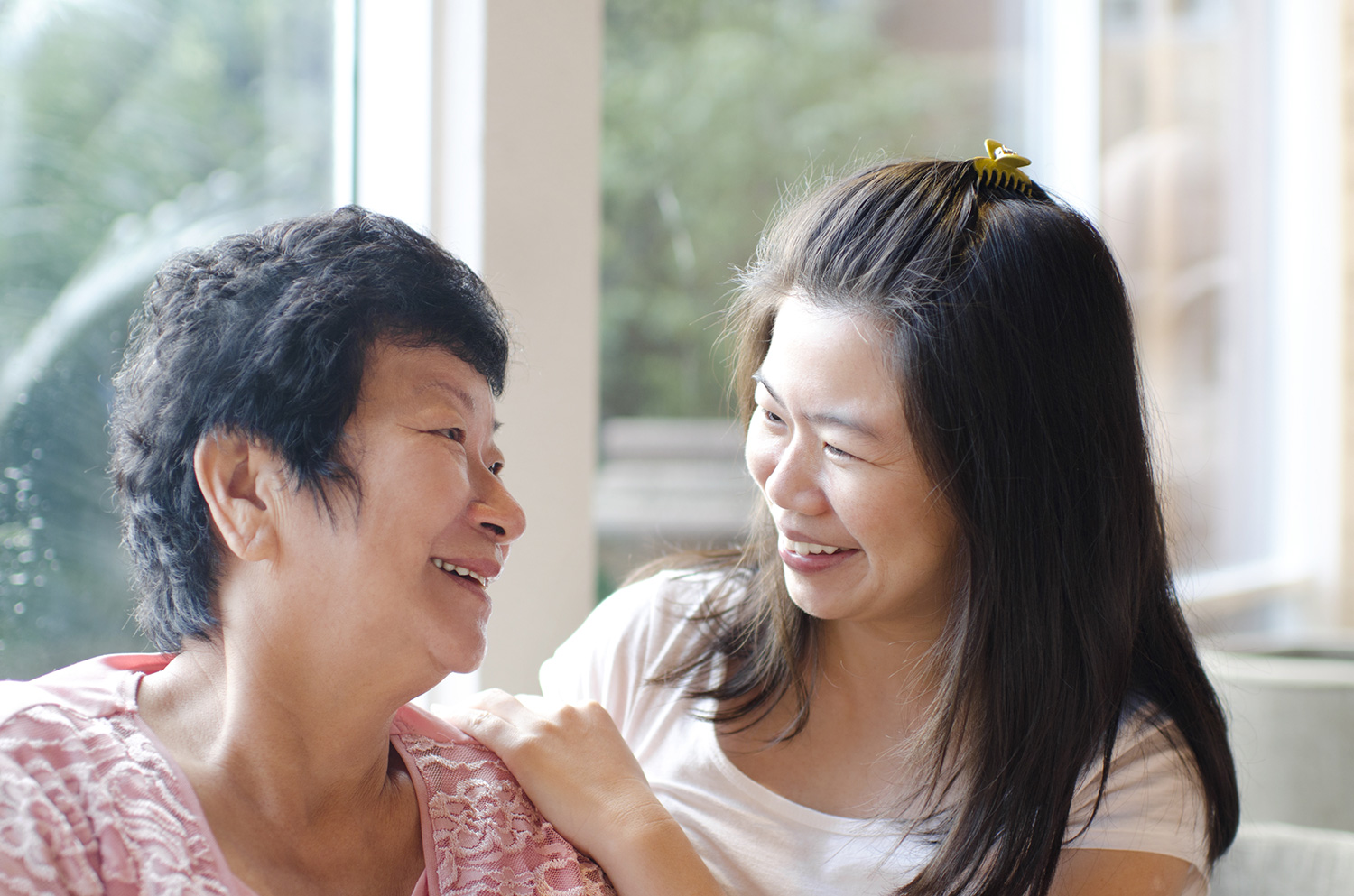With a new case of dementia diagnosed every four seconds, we can never be absolutely sure if the behaviour our loved ones exhibit is, in fact, the symptoms of the condition. Is grandpa forgetting where he left the television remote control for the umpteenth time a cause for concern? Or are Mum’s recent mood swings signalling a change in personality seen in dementia?
Even if we are keen to get our loved ones checked, they may be averse to the idea themselves. After all, no one really wants to admit that their mental faculty is declining, or accept that they are entirely helpless to prevent it.
The First Hurdle
Too often, our first tendency upon receiving bad news is to lapse into denial. The mild and progressive nature of the disease also makes it convenient for people to brush off the symptoms as either a natural byproduct of ageing or a minor inconvenience. Any talk of it being a sign of something ominous or as a possible symptom of dementia is dismissed or explained away. Frequently misplacing things around the house may spark the response “I’m so forgetful”, or an elderly’s mood swings may appear to some as simply Grandma being unreasonable or seeking attention.
Rather than wait for the ‘defining incident’ to give dementia significance, put the cold hard truth gently to them. Cease making excuses for them and trivialise the signs. Without becoming too scrupulous about the signs and symptoms you see, try to help them connect the dots by subtly providing information like symptoms of dementia that may illuminate the concept they are trying to deny, with a mind on gearing them towards early detection and diagnosis.
Seize The Opportunity
Acknowledge that it is difficult to anyone to get themselves checked. Often, the person’s reluctance to see a doctor is a result of fear, denial, or maybe just wanting to hang on to make their own decisions for as long as he or she is able to do so. Give them the room to embrace their true emotions, but find every chance to lead them to the doctor’s room. “Seize the opportunity. Suggest a check-up if your loved one expresses any concern about ‘not remembering things lately’. You could explain that there are new medications that may help with memory, but they must be prescribed by a doctor,” suggests a publication by the Alzheimer’s Association, St Louis Chapter.
Reframe Your Approach
Knowing the barriers holding your loved one back from early diagnosis is not sufficient. Ease their concerns by letting them know that you are fully aware of what they are going through emotionally and that seeing a doctor is the best course forward for them. “If your loved one does not want to see a doctor, you can find a physical reason for the visit, for example, a check-up for a symptom the patient is willing to acknowledge, such as headaches or failing eyesight,” suggests one-stop community care resource Singapore Silver Pages (SSP), “Be sure to provide a lot of reassurance. Calm and care can help overcome the person’s worries and fears”.

Instead of flogging the dead horse and repeatedly emphasising the importance of early diagnosis, try asking them for a favour. Sometimes, loved ones will do something for others that they would not do for themselves. Making a doctor’s appointment a favour they can do for you may prove to be a good strategy. Reframing the purpose of the visit will help to provide clarity and make things less intimidating for your loved ones with dementia. “I tell family members to treat it like another preventive medicine visit, like a colonoscopy or bone density testing,” said Diana Kerwin, MD, chief of geriatrics at Texas Health Presbyterian Hospital Dallas and the director of Texas Alzheimer’s and Memory Disorders. “Families can tell their loved one that they are going for a brain check-up.”
No one wants to see a loved one diagnosed with dementia or Alzheimer’s Disease. But the sooner they get it checked, the earlier care and support can be rendered. On the flip side, it can be even more comforting should the check-up show nothing out of order. What is certain is that one never loses out by getting themselves checked – and it all begins with a trip to the doctor’s.



